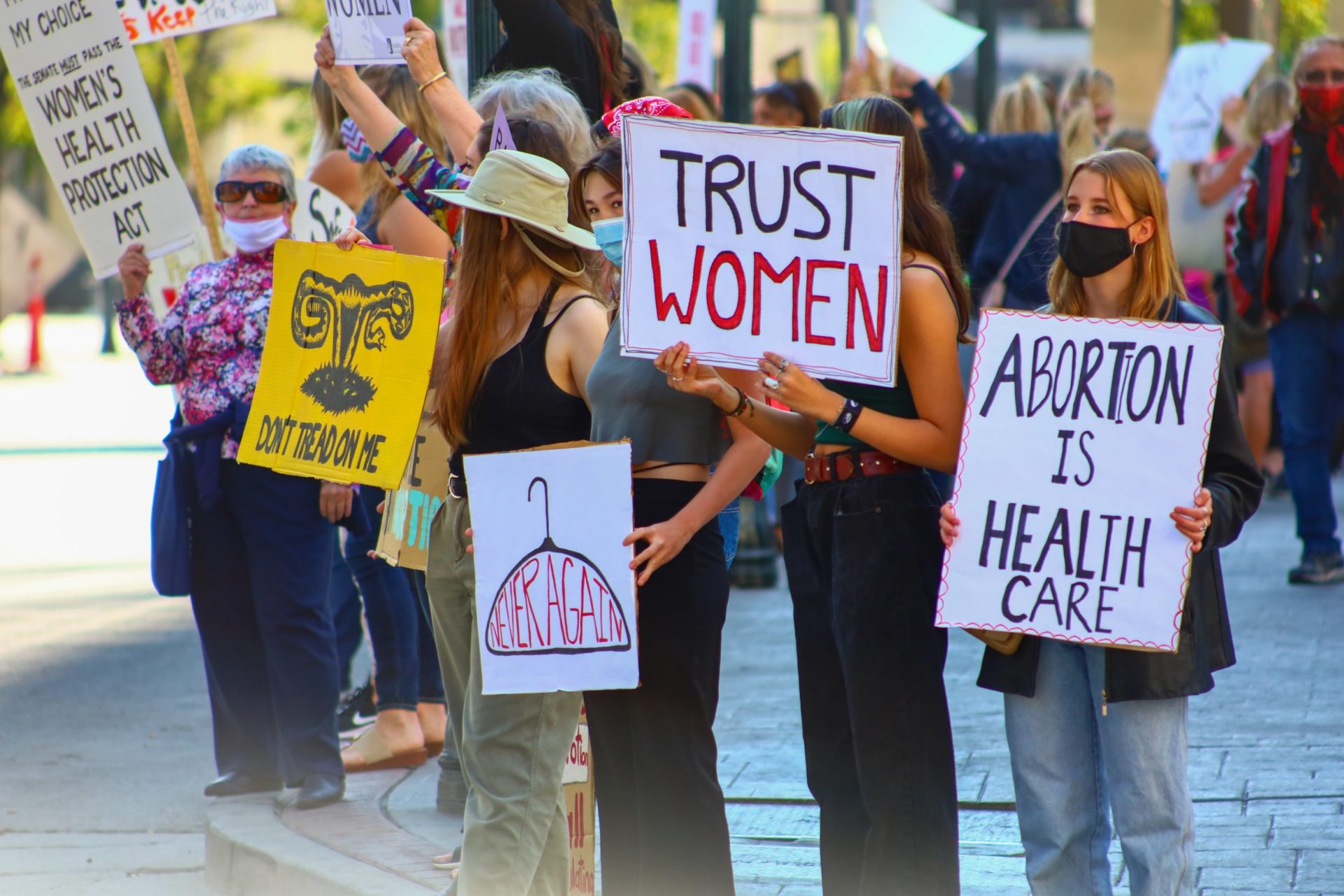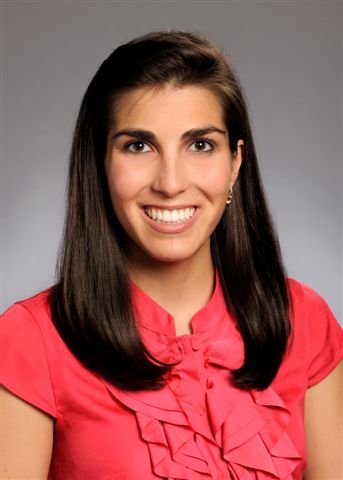
On Wednesday, December 1st, the Supreme Court heard oral arguments for Dobbs v. Jackson Women’s Health Organization, a case that will decide the future of abortion access in America. While a decision is expected this coming summer, the Supreme Court has signaled it is open to overturning the legal precedent set by Roe v. Wade.
As a high-risk obstetrician and gynecologist, I know what it is like to provide the full spectrum of reproductive health care to pregnant people facing challenging circumstances. Justice Barrett’s comments regarding adoption as a “reasonable” alternative for abortion care were disheartening, yet not altogether surprising. There is a very real misconception that pregnancy is a simple and safe endeavor. In reality, it is one of the most physically taxing and dangerous health care conditions that a person knowingly puts their body through. Adoption is not a different side of the same coin as abortion, it is an entirely different life decision, all together.
The United States is the only industrialized country with worsening maternal mortality. Maternal mortality and morbidity are defined as deaths or severe complications that happen in the context of pregnancy or the postpartum period. Despite advances in medicine, pregnancy is only getting more dangerous in America. Furthermore, there is a significant disparity between the rates of maternal morbidity and mortality by race. Black women in the US are three to four times more likely to die in childbirth than white women.
The concept of abortion restrictions forcing pregnant people to carry already risky pregnancies to term to then reach the “solution” of adoption is willfully ignorant and harmful. A paper recently published by one of my colleagues, Dr. Amy Addante, an OB/GYN in Chicago, found an association between states with restrictive abortion access and higher rates of maternal mortality. It directly speaks to the importance of abortion access to the health and well-being of our communities. While some of the Justices continue to see pregnant people’s health as a legal abstraction, their faulty assumptions threaten our collective health and wellbeing.
Adoption does not protect pregnant people from dying during pregnancy. There are medical conditions that place the life and well-being of a pregnant person at a 50% risk of dying if they continue a pregnancy. There is virtually no other medical condition that is so highly restricted where there is a 50% chance of death for some people. Many health conditions can arise from or be worsened by pregnancy – how can we force people to remain pregnant when their lives and health are endangered?
Adoption does not provide solace for the many families that I care for who get devastating news about their very desired pregnancies. Conditions where the child they were so eager to welcome into the world will never survive outside of the pregnant person’s body. They choose to prevent suffering and terminate the pregnancy. Their very careful, thoughtful, and challenging decisions being met instead with Justice Barrett’s comments callously suggesting they should carry to term and give their child up for adoption or watch them suffer and die is cruel. Simply put, adoption is not an option for the families I care for who are mourning the loss of a child.
Not to mention, there are over 100,000 children in the US waiting for adoption and over 400,000 children in the foster care system on any given day. The average time a child waits to be adopted is more than three years and 37% of children adopted are non-Hispanic white. The system is already overwhelmed and the idea that a child that is terminal would be adopted is unrealistic, idealistic, and not acknowledging the systemic challenges our country is facing when it comes to planning families and keeping them safe and healthy.
For as long as I have been an obstetrician-gynecologist, I have told pregnant patients regardless of their health situations they have three options in each pregnancy. They can continue the pregnancy and parent, continue the pregnancy and seek adoption, or seek abortion care. But the most important part of this counseling is that there is an informed decision that is left entirely up to the pregnant person. A decision between parenting, adoption, or abortion. When the option of abortion is removed, agency is taken away. While adoption is a beautiful thing for some, the reality is that is not a reasonable path for most families. For many families, abortion is the best decision. I use “families” intentionally because we know that the majority of people who seek abortion are already parents.
Being a parent in the US is no easy task. There is no guaranteed parental leave, postpartum Medicaid coverage terminates in most states at 6 weeks postpartum, and childcare is exceedingly expensive. Forcing people to remain pregnant and deliver in the name of adoption, is forced reproduction, plain and simple. Pregnant people who seek abortion know what is best for their lives and their families. They know that being pregnant could compromise their ability to work, to feed and house their living children, place them in further danger if they are attempting to escape an abusive relationship (homicide is the leading cause of death for pregnant people in the US), or hold them back from achieving their goals.
As a Maternal-Fetal Medicine physician who is a fierce abortion advocate, I am all too familiar with watching judges and lawmakers debate whether pregnant people should be allowed to choose what medical procedure they have access to and what health care amounts to for my patients. Abortion access is imperative to what I do every day. Abortion care is essential to healthy communities and healthy families.

Dr. Leilah Zahedi
Leilah Zahedi (she/her), MD, FACOG is a Maternal Fetal Medicine specialist in Chattanooga, TN. Dr. Zahedi received a BS in Biology and Psychology from the University of Georgia and her Medical Degree from Emory University. She completed her residency training in Obstetrics and Gynecology at Emory University and her fellowship training at Washington University in St. Louis. She is a Fellow with Physicians for Reproductive Health and was a past awardee of the Society for Maternal Fetal Medicine (SMFM) Reproductive Health Mini-Sabbatical Grant. She serves as a faculty member of the SMFM Reproductive Health Advisory Group.






